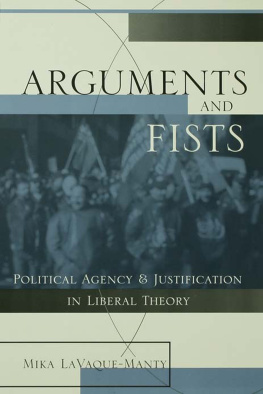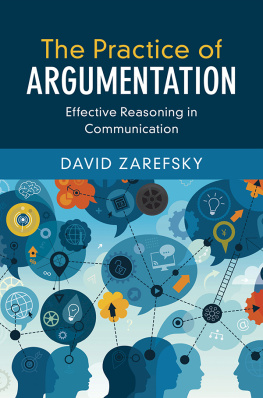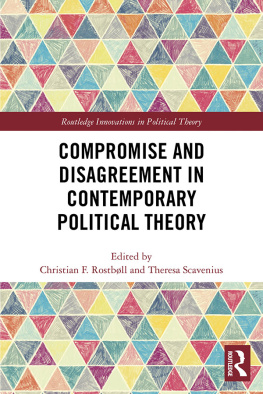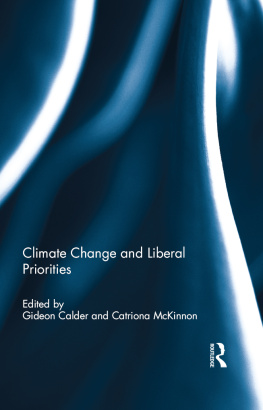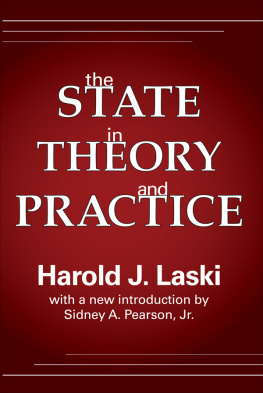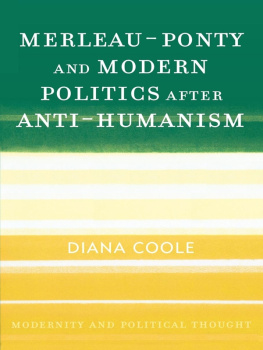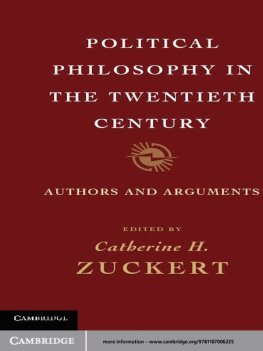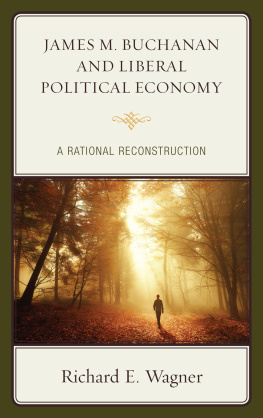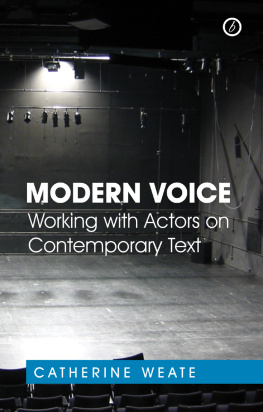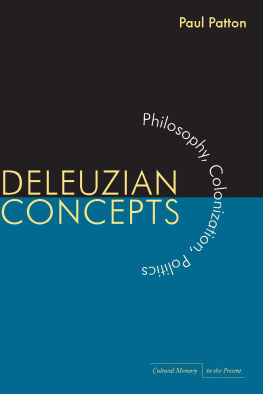ARGUMENTS
AND
FISTS
P OLITICAL A GENCY AND J USTIFICATION
IN L IBERAL T HEORY
M IKA L A V AQUE- M ANTY
ROUTLEDGE
NEW YORK AND LONDON
Published in 2002 by
Routledge
29 West 35th Street
New York, NY 10001
Published in Great Britain by
Routledge
11 New Fetter Lane
London EC4P 4EE
Copyright 2002 by Routledge
Routledge is an imprint of Taylor & Francis Group.
Printed in the United States of America on acid-free paper.
Design and typography: Jack Donner
All rights reserved. No part of this book may be reprinted or reproduced or utilized in any form or by any electronic, mechanical, or other means, now known or hereafter invented, including photocopying and recording, or in any information storage or retrieval system without permission in writing from the publisher.
10 9 8 7 6 5 4 3 2 1
Library of Congress Cataloging-in-Publication Data
LaVaque-Manty, Mika.
Arguments and fists : political agency and justification / Mika LaVaque-Manty.
p. cm.
Includes bibliographical references and index.
ISBN 0-415-93198-3 ISBN 0-415-93199-1 (pbk.)
1. Liberalism. 2. Agent (Philosophy) I. Title.
JC574 .L38 2002
320.513dc21
2001048458
For my parents and my brother
CONTENTS
Part I:
A Critique of Political Agency
Part II:
Passions and Reasons
three If All Are Wicked, How Can They Change?
Montesquieu and Rousseau on Humanity and Politics
Part III:
No Secret Agents
five Landfills and Justice
Political Arguments, Their Justification, and Liberal Theory
ACKNOWLEDGMENTS
This book began as a dissertation at the University of Michigan philosophy department sometime in the mid-1990s (the actual beginning lurking in a metaphysical haze) and was finished across the campus in political science, with a three-year detour to the University of Washington in between. Numerous teachers, colleagues, and friends have contributed to the book, some more than they know, and have left me with a pile of debts.
Inspiring teachers got me on this path and, even though they might not recognize their contributions in the book, helped shape it. Peter Breiner, Mark Kann, Ed McCann, and Robin Romans patiently put up with the adolescent enthusiasm of an undergraduate, presumably in hopes of something more mature down the line. I hope I have delivered. In graduate school, I learned much from Ed Curley, Allan Gibbard, Jim Joyce, Louis Loeb, and Jackie Stevens, among others.
Conversations with colleagues and friends over the years have also helped make this book better, often because they sharpened the ideas here, sometimes because they had nothing to do with those ideas. I am grateful to Nadeem Hussain, Margaret Levi, Michael Taylor, T. J. Pempel, Andrea Simpson, Liz Wingrove, and Steve Yablo. Erik Wibbels has helped me develop my thinking in exciting new directions and is a wonderful friend besides. Unusual suspects in these circles, the members of my virtual running community, Northwest Dead Runnersparticularly Bryan Beel, Dave Hays, and Kelly Kruelldeserve thanks for helping me aspire to Justinian's old ideal, mens sana in corpore sano.
Many people read parts of the book in their various stages. I want to thank Lisa Ellis, Chris Laursen, Glenn Mackin, Katie McShane, and the participants in my graduate seminars, particularly Ben Smith.
Christine Di Stefano, Steve Hanson, Steve Majeski, Jamie Mayerfeld, Claire Rasmussen, and Bernie Yack all read the entire manuscript and offered valuable comments. Kitty Holland read the manuscript for Routledge and helped me understand my own arguments better; I am very happy about her contribution, and the reader should be, too. Eric Nelson and Jeanne Shu at Routledge have been wonderful editors: helpful, encouraging, and efficient.
There are some people whose influence escapes categories. To my dissertation committeeLiz Anderson, Steve Darwall, Don Herzog, David Hills, and Peter RailtonI am deeply grateful. One couldn't have a finer collection of good teachers and inspiring guides. Liz and Don have been with this project from the very beginning, and their role not only in the development of the book but in my intellectual development and career cannot be overestimated. One of the greatest rewards of pursuing this line of work is that I now get to call people like Liz and Don colleagues and friends. Equally important for my identity as a scholar and teacher have been the examples set by Sally Haslanger and Barbara Herman, both of whom I will always think of as role models.
My greatest debts, however, I owe to my family. Danielle LaVaque-Manty, the better political theorist in the family, read the manuscript more times than anybody, improved itsand myideas, and generally made me a better writer, scholar, and person. The long-term support and inspiration from my mother and father, Raili and Jorma Mnty, and my brother, Otto Mnty, are the sine qua non for everything. I dedicate this book to them.
Ann Arbor, October 2001
Part I
A C RITIQUE OF P OLITICAL A GENCY
one
A GENCY AND P OLITICS P ROBLEMS F OR L IBERAL T HEORY?
Carl Schmitt's Challenge
L Liberalism, liberal theory, and the liberal state have been the free-floating foils for a great deal of contemporary political theory, and the adjective liberal is often synonymous with theoretically weak, politically unsavory, or both. Liberalism is said to be particularly toothless when it comes to political action. First, it is theoretically weak: Critics charge that liberals favor weak-kneed reformism and parliamentarianism over radical and revolutionary modes of political action only as an afterthought, simply because liberal theory offers such ineffectual resources for thinking about action. This leads to more trouble: On the one hand, the only real model of agency liberal theory has to offer is the Homo economicus, for whom politics is merely one of the instruments that makes ones pursuit of ones selfish interests possible. If, on the other hand, liberals think about some actual norms to guide political action, they hold forth on abstract principles such as public reason, which really means that politics, for a liberal, is all talk and no action.
There are many places where one can find this kind of anti-liberalism; its a recurring theme in political thought since at least Marxs On the Jewish Question or the German Ideology. The early twentieth-century German legal theorist Carl Schmitt offers a good case.
In Schmitts view, the fundamental principle of liberalism is that truth can be found through an unrestrained clash of opinion and that competition will produce harmony. There are many ways in which one could quibble about this principle (I will, later), but as an intuitive idea, it is fair enough. It invokes familiar notions of the marketplace of ideas, the fact of pluralism, tolerating the opposing views, and similar liberal slogans. Schmitts view is that this principle gets liberalism in trouble. The central charge is that the liberal commitment to open discussion is practically untenable and that general liberal principles undermine, rather than facilitate, politics.
And in his discussion of the anti-liberal Catholic political philosophers de Maistre and Donoso Corts, he offers a scathing parody of the liberal commitment to public reasoning:

